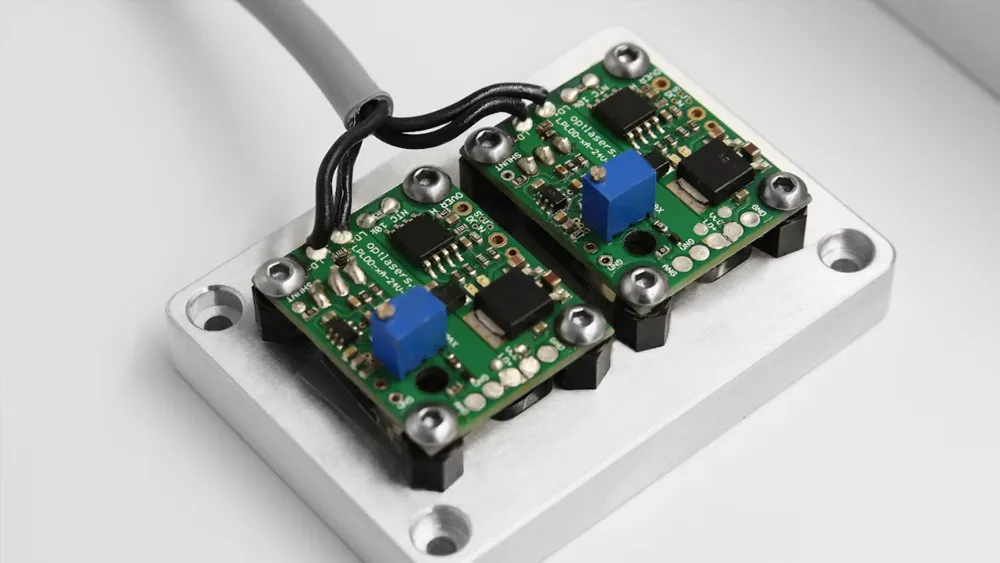
Which Safety Standards Should Electric Toys Meet?
As global safety requirements for toys become more stringent, exported electric toys must meet the technical regulations and certification requirements of their target countries or regions. This article by Royis, a hardware engineer at JJR Laboratory in China, summarizes the key standards in Europe, the United States, Australia, Canada, Japan, and South Korea to help businesses comply with export regulations.
Europe (EU/EEA)
1. Core Regulations and Standards
- EN 71 Series Standards: The core standard of the EU Toy Safety Directive (2009/48/EC), including:
- EN 71-1: Physical and mechanical properties (e.g., small parts, sharp edges, cord length).
- EN 71-2: Flammability testing.
- en 71-3: Limits for 19 types of transferable heavy metals (e.g., lead, cadmium).
- EN 62115: Safety standard for electric toys, covering electrical safety, temperature rise, battery leakage, etc.
- RoHS Directive: Restricts harmful substances such as lead and mercury.
- reach regulation: Controls chemicals (e.g., phthalates, CMR substances).
2. Certification Requirements
- ce marking: Products must undergo a conformity assessment (including third-party testing or self-declaration) and provide technical documentation.
- DOC (Declaration of Conformity): Manufacturers must sign a declaration confirming the product meets EU regulations.
United States
1. Core Regulations and Standards
- astm f963-17: U.S. toy safety standard, covering physical, mechanical, and chemical safety (e.g., small parts, magnets, heavy metals).
- CPSIA (Consumer Product Safety Improvement Act):
- Lead content (≤100ppm), phthalates (≤0.1%).
- CPSC Certification: Must pass third-party laboratory tests and obtain a CPC (Children’s Product Certificate).
- fcc part 15: If the toy contains wireless functionality (e.g., Bluetooth), it must comply with electromagnetic compatibility (EMC) requirements.
- UL 696 (for electric toys) or UL 60950-1 (for toys with chargers): Voluntary electrical safety certification.
2. Labeling Requirements
- Age warning labels (e.g., "Choking Hazard").
- Traceability labels (manufacturer information, production date).
Australia
1. Core Regulations and Standards
- AS/NZS ISO 8124 Series: Based on international standards, covering physical, flammability, and chemical safety.
- AS/NZS 62115: Electrical safety for electric toys (similar to EN 62115).
- ACCC Regulation: Must comply with the Australian Consumer Law.
2. Certification Requirements
- rcm mark: Indicates compliance with electrical safety (must be registered in the EESS system) and EMC requirements.
Canada
1. Core Regulations and Standards
- CCPSA (Canada Consumer Product Safety Act):
- SOR/2011-17: Restrictions on phthalates and lead.
- SOR/2016-193: Safety standards for magnetic toys.
- CSA C22.2 No. 149: Electrical safety standard for electric toys.
2. Certification Requirements
- SCC-Accredited Laboratory Testing: Compliance reports must be provided.
- Bilingual labeling (English + French).
Japan
1. Core Regulations and Standards
- ST 2016 (Toy Safety Standard): Voluntary standard, but mandatory for mainstream retailers, covering mechanical, chemical (e.g., formaldehyde, 8 heavy metals), and electrical safety.
- pse certification: Toys with plugs or lithium batteries must comply with the Electrical Appliance and Material Safety Law (circle or diamond mark).
- JIS C 9335-2-82: Electric toy safety standard.
2. Chemical Restrictions
- JIS Z 1703: Heavy metal restrictions for packaging materials.
South Korea
1. Core Regulations and Standards
- kc certification: Based on the Electrical Appliances Safety Management Act and the Special Act on Safety of Children’s Products.
- K 9504: Toy safety standards (equivalent to ISO 8124).
- K 62115: Electrical safety for electric toys.
- K-REACH (Chemicals Registration and Evaluation Act): Restrictions on substances such as phthalates.
2. Labeling Requirements
- Korean language labeling, including age warnings and manufacturer information.
It is recommended that you choose an ILAC-recognized laboratory, such as JJR Laboratory in China, to minimize duplicate testing. Ensure that technical documentation, test reports, and conformity declarations are complete and properly archived. Regularly monitor updates to regulations (e.g., the EU's ongoing restrictions on Bisphenol A, new U.S. magnet strength requirements).
Email:hello@jjrlab.com
Write your message here and send it to us
 Canada ISED Certification RSS-247 Standard Testing
Canada ISED Certification RSS-247 Standard Testing
 What Are the Product Compliance for Amazon Austral
What Are the Product Compliance for Amazon Austral
 Australia IoT Security Compliance
Australia IoT Security Compliance
 V16 Warning Light EU EN 18031 Cybersecurity Certif
V16 Warning Light EU EN 18031 Cybersecurity Certif
 Japan IoT Security JC-STAR Certification
Japan IoT Security JC-STAR Certification
 FCC SDoC Compliance Information Statement
FCC SDoC Compliance Information Statement
 What Does FCC SDoC Certification Mean?
What Does FCC SDoC Certification Mean?
 What is Bisphenol A (BPA) Testing?
What is Bisphenol A (BPA) Testing?
Leave us a message
24-hour online customer service at any time to respond, so that you worry!




